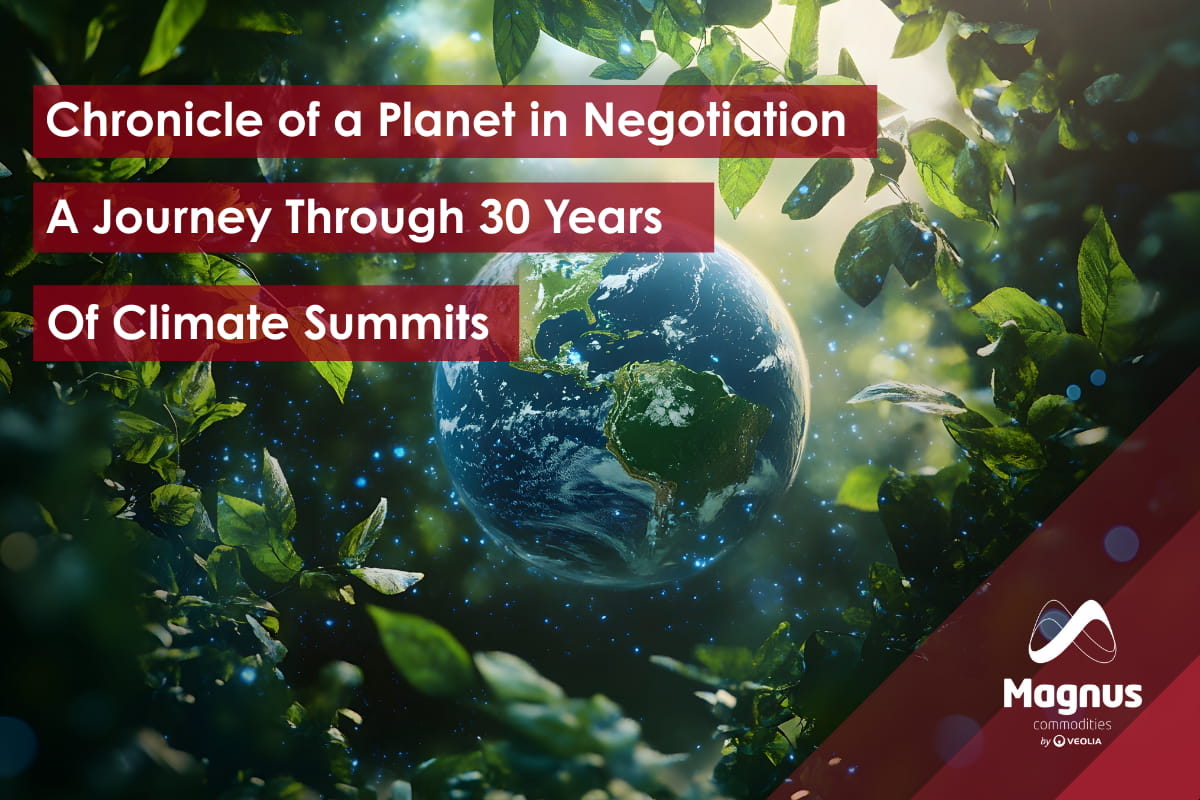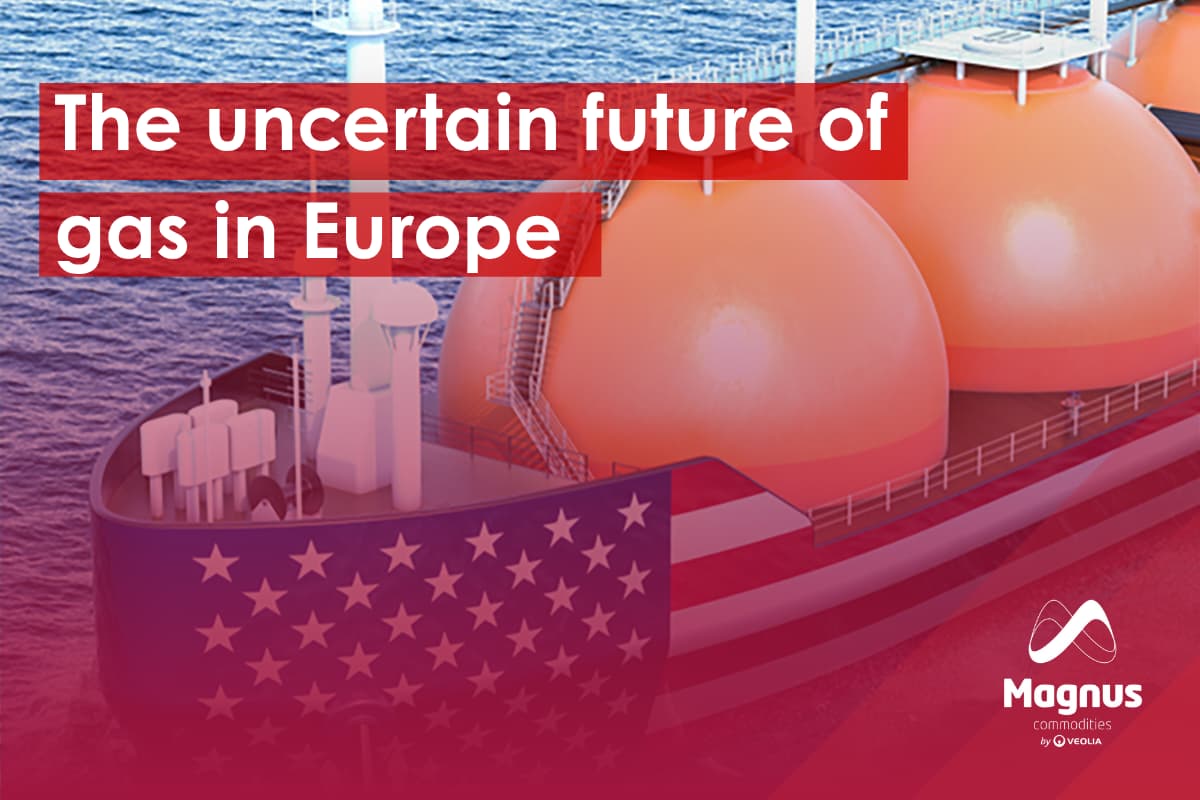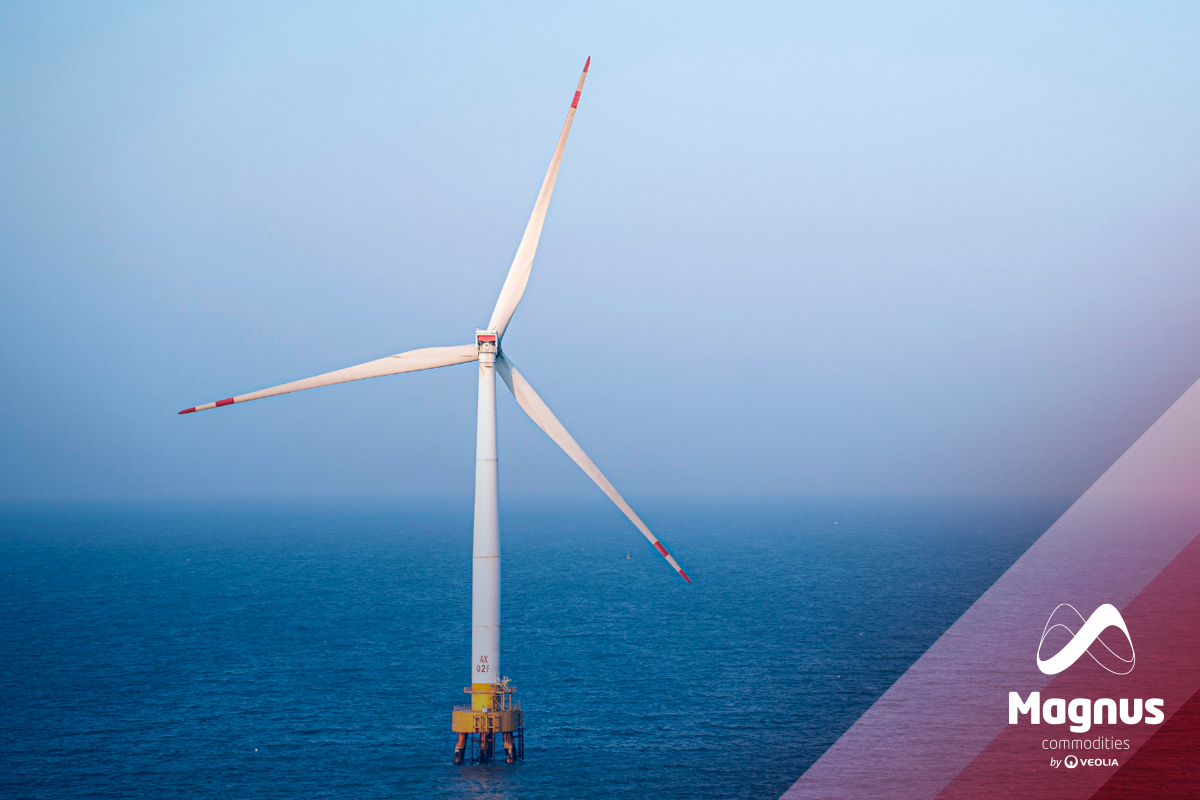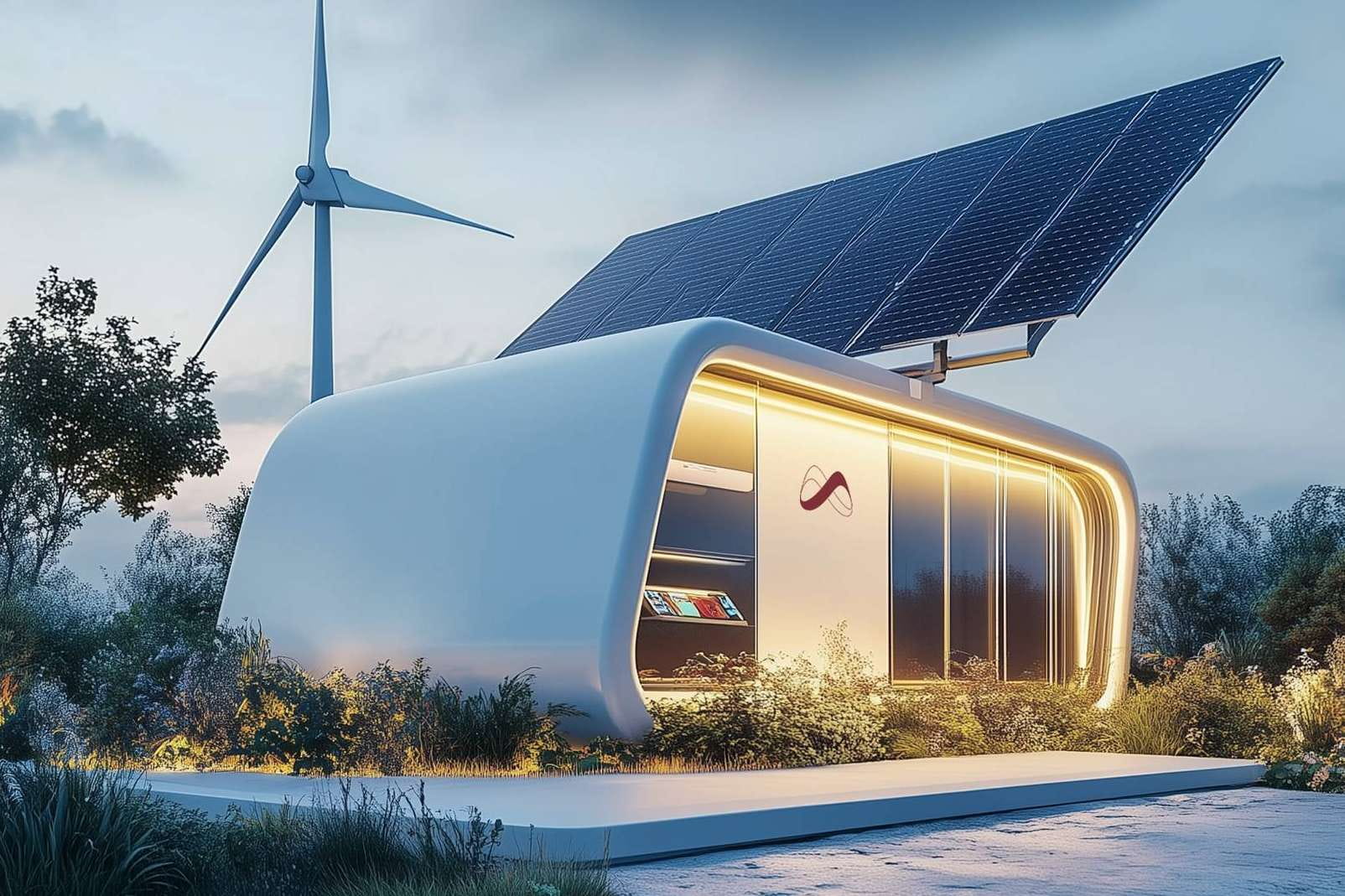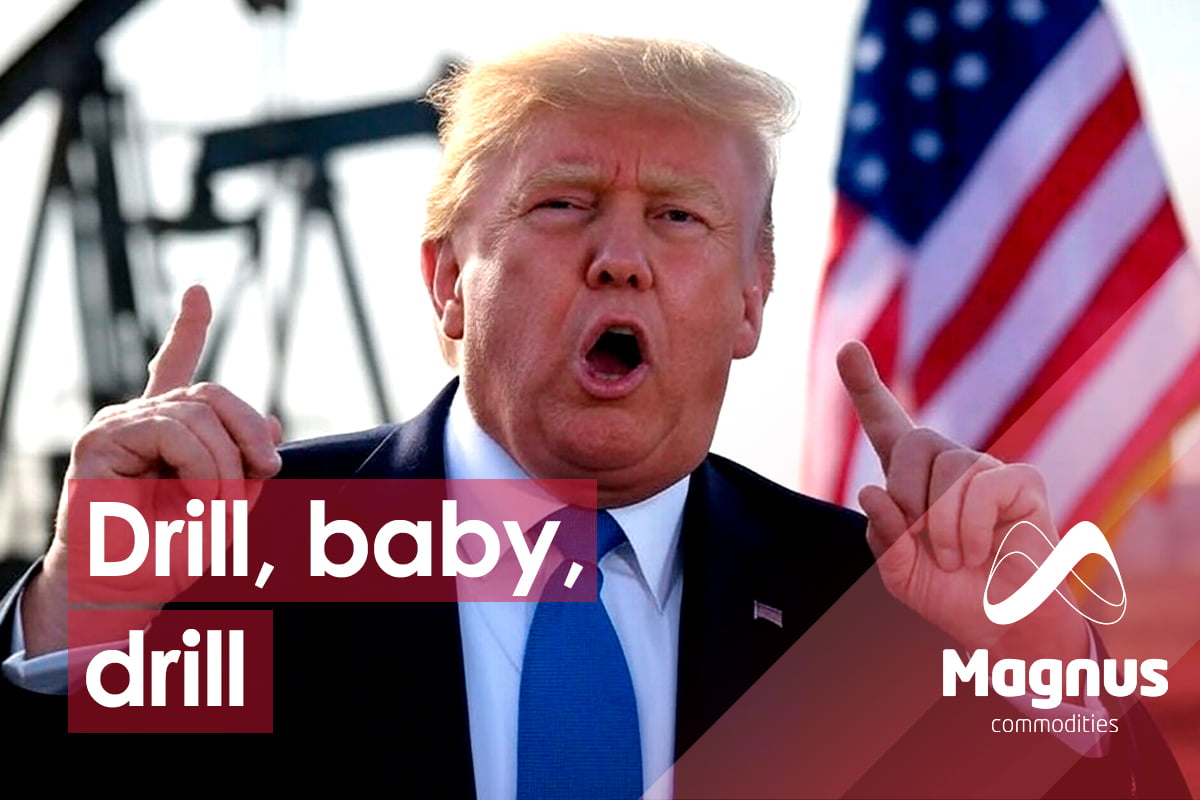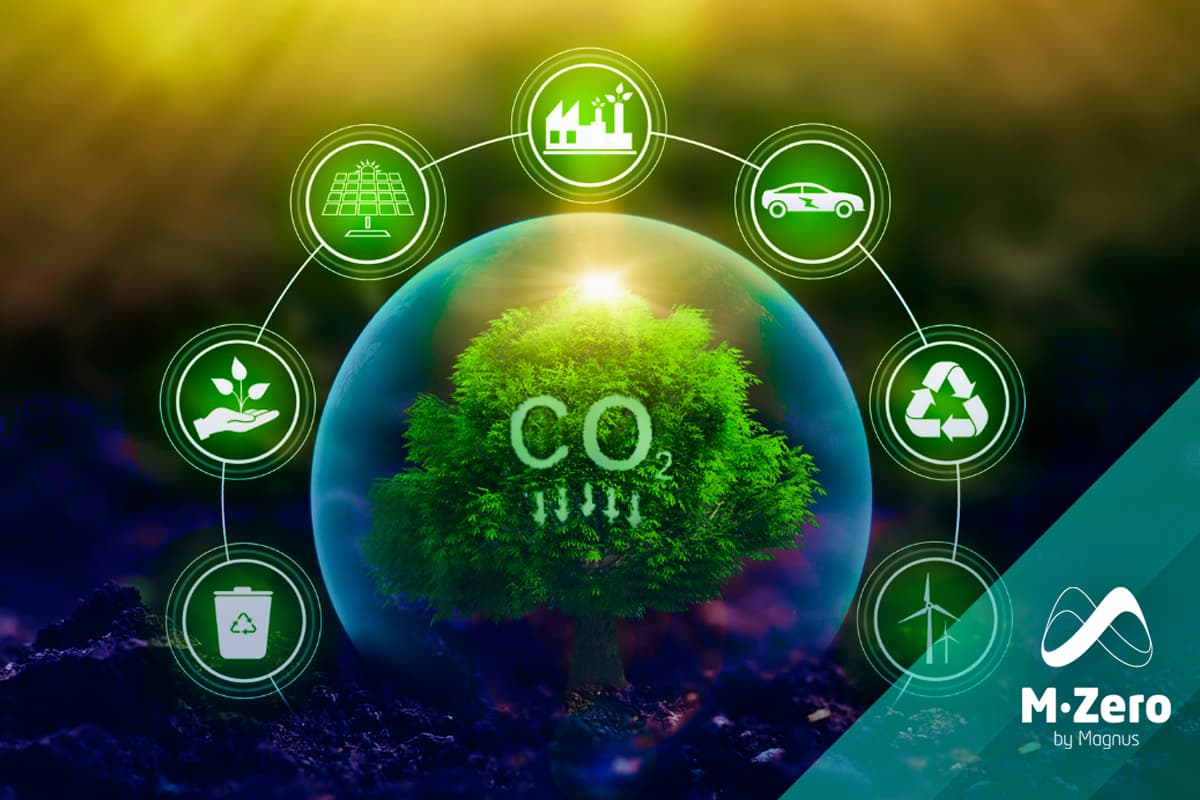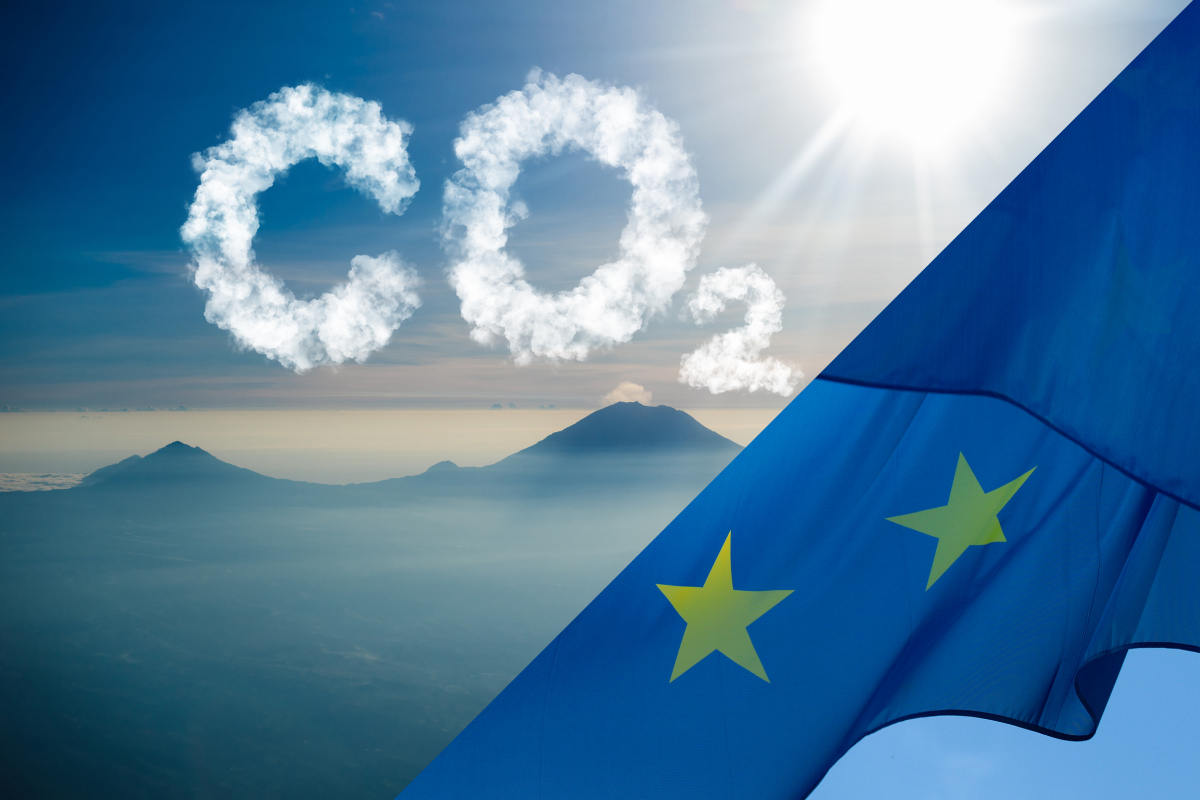
The effects of America’s withdrawal from the Paris agreement on climate change were short-lived. President-elect Joe Biden has promised to rejoin the pact as soon as he enters the White House.
Most countries are eager to welcome America into the club of those who care about it.
In the last eight weeks, China, Japan and South Korea have promised to reduce net emissions to zero by mid-century or thereabouts. Four of the five largest economies have now pledged to reduce emissions in line with limiting global warming to 2°C above pre-industrial levels or less.

Source: The Economist – Climate Action Tracker
Good intentions
Mr Biden has conveyed his intention to adopt a zero net emission target by 2050, which analysts say will reduce his temperature projections by 0.1°C by the end of the century.
To rejoin the Paris agreement, he will have to formally present this target together with an updated national commitment to reduce emissions. Most observers believe that a 45-50% reduction from 2005 levels by 2030 would be difficult but feasible, fair and in line with what Europe is doing.
Integrating green infrastructure, energy and research and development into any new government stimulus would help. Public opinion in the United States is largely favourable. In exit polls, two-thirds of voters said that climate change was a serious problem.
However, not every government will welcome a leader who takes a stand against the current status quo in the White House. Oil and coal producers are cautious.
So is Brazil’s President Jair Bolsonaro. Biden has threatened “economic consequences” if Brazil continues to clear the Amazon rainforest. Bolsonaro, who thinks that foreign eco-shields have imperialist designs on Brazilian territory, tweeted “OUR SOVEREIGNTY IS NOT NEGOTIABLE” and spoke vaguely of the need for “gunpowder” to defend it.
Brazil’s carbon emissions increased by 9.6% in 2019, mainly due to deforestation.
Expectations
Some Asian countries are concerned that Mr Biden may make security concessions to China in pursuit of other objectives, such as cooperation on climate change.
Japan’s new Prime Minister, Suga Yoshihide, surely expects a more conventional relationship with his country’s main ally.
The Asians have a “strategic and economic burden” on America’s relationship with Asia, and “a more nuanced diplomacy”.
During the years of Donald Trump’s presidency, the European Union unexpectedly came across a champion of multilateralism. Following Biden’s victory, Europeans hope that this burden will be shared.
In addition to rejoining the Paris agreement, they would like the United States to stop undermining the World Trade Organisation and to revitalise the nuclear deal with Iran. Biden has suggested that it will do so.
In strategic terms, the EU’s main objective is to avoid being drawn into a hegemonic struggle between America and China. It wants to be a little more assertive and less gullible with China, but may not support Biden if he pursues confrontation.
France hopes for a new American drive to resolve the regional conflicts that affect European security, from Turkish expansionism in the eastern Mediterranean to instability in Lebanon and Libya.
Germany and France will welcome the return of American civility and seriousness, and the end of Mr Trump’s efforts to divide Europe.
However, there is a clear recognition in the European capitals that, even under Obama, Europe has begun to disappear from the view of the United States. “The Americans are indispensable”, says a French presidential source, “but the world has changed”.
France now wants Europe to do more for itself and in a different way. Emmanuel Macron, the French President, will have to convince the Biden team that his ambitions to build “strategic autonomy” in Europe are not aimed at sidelining NATO.
Britain hopes to secure a trade deal with the United States (to compensate for the damage caused by Brexit) and strike a blow above its weight globally through its “special relationship” with the superpower.
However, Biden, who is of Irish descent, has hinted that Britain may forget about a trade agreement if it once again imposes a harsh border between Northern Ireland and the Republic of Ireland. The fact that Mr Johnson was the second world leader to speak to Biden after his victory will allay some fears, but Britain is likely to lose its role as a bridge between the United States and Europe.
The Green Programme
Biden’s green programme proposes a $2 trillion clean investment plan to help the US achieve zero net emissions by 2050, and has also promised 100% emission-free power generation by 2035.
Biden’s net-zero emissions commitment in 2050 joins that of the European Union (9.13% of global emissions), which has also set itself the goal of climate neutrality by mid-century.
A few weeks ago, China (29.7% of emissions) also took a step forward and announced that it will achieve carbon neutrality by 2060.
These three blocs alone account for more than half of global greenhouse emissions and if these promises are realised the world would be on track to meet the Paris Agreement targets.
The main objective of the pact is to ensure that the average temperature of the planet does not rise by more than 2 degrees Celsius compared to the pre-industrial era and that it stays below 1.5 degrees as far as possible (warming is already around 1 degree).

Source: Climate Action Tracker
When the details of the Paris Accord were being discussed in 2014, the Obama Administration – of which Biden was Vice President – set a cut target for 2025 of between 26% and 28% from 2005 levels.
To achieve this his government had approved a clean energy programme, which was first stopped by the US Supreme Court and then overturned by Trump.
According to the consulting firm Rhodium Group, by 2019, U.S. emissions had fallen by 12.3% from 2005 levels, putting it halfway to the goal proposed by Obama. Biden has not yet set one.
In his environmental programme, he suggests that he will ask Congress to put in place the relevant legislation so that, among other things, the mechanisms for moving towards zero emissions in 2050 are approved and concrete targets are set for 2025.
The historic opportunity
There is the intention, that is evident, but… Are there possibilities?
It should not be forgotten that the Republicans still have a majority in the Senate, which could throw off many of the government’s climate initiatives.
If Biden wants the Green New Deal to move from a statement of good intentions to reality, the State Department needs to think strategically and reorganize U.S. international policy around this issue.
It’s not going to be easy, but what’s at stake is nothing less than our survival as a species.
If you found it interesting, please share it!
Recent Articles






